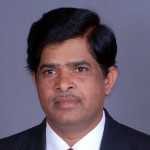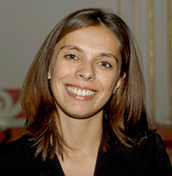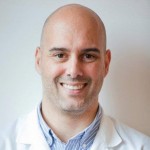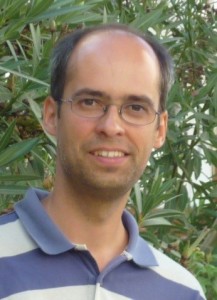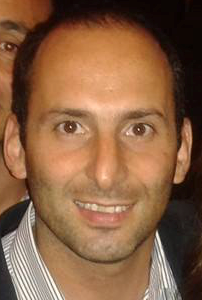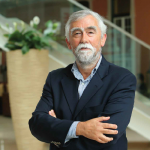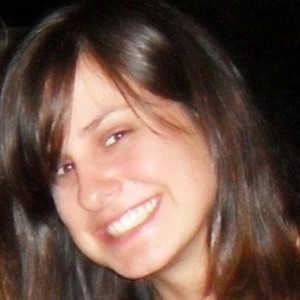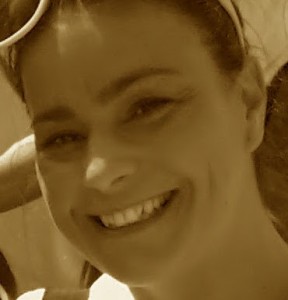Speakers
______________________________________________________________________
Keynote speakers
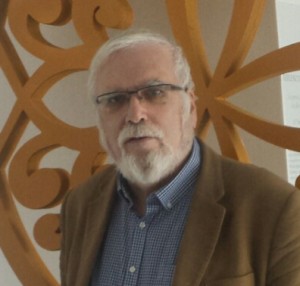 |
Geoffrey Mitchell |
| CDRSP, Polytechnic Institute of Leiria, Portugal | |
| Geoffrey Mitchell studied in Sheffield and London before obtaining a PhD working with Alan Windle at the University of Cambridge, UK. His PhD thesis focused on the study of the local structure of polymer melts and glasses using x-ray scattering and computational modelling. He spent a period in Cambridge as a research fellow with a programme centered on the study of liquid crystal polymers. This was followed by a spell at Hokkaido University, Japan with Professor Akira Odajima applying nmr and dielectric measurements to main-chain liquid crystal polymers. In 1984 he took up a lectureship in physics at the University of Reading, was appointed Reader in Polymer Physics in 1992 and Professor of Polymer Physics in 1995. He was the Founding Coordinator of the Polymer Science Centre a collaborative research programme in polymer science involving the Departments of Physics and Chemistry. In 2005 he was the founding Director of the Centre for Advanced Microscopy at Reading which was University wide centre of excellence. In 2013 he was appointed Emeritus Professor. In 2010 he joined the staff of the Centre for Rapid and Sustainable Product Development at the Institute Polytechnic of Leiria. Previously he had been Visiting Professor of IPL since 2004. He is now Vice-Director of CDRSP since 2014. Professor Mitchell has a broad experience of materials research ranging from non-linear optics through smart materials to the microstructural study of technologically important materials. He has developed novel time-resovig techniques in x-ray and neutron scattering for the study of both local structure and the influence of external fields (shear and extensional flow, stress, magnetic, electric) on polymer melts, glasses, liquid crystal polymers and crystallisable polymers. He has combined such scattering techniques with computational modelling to reveal quantitative information about the segmental packing in polymer melts and glasses. He has pioneered the study of liquid crystal elastomers including both chiral networks and the use of such networks as smart materials. He was one of the first to develop photoactive materials for a variety of applications, including non-linear optics, optical fibre switches, coatings and smart systems. In the last 15 years he has developed strong interest in additive manufacturing, firstly with the development of a novel UV/IR Stereolithography process and then the influence of 3-d printing processes of the structure and morphology of the final products. He has developed a strong interest in electrospinning and was amongst the first to evaluate the effect of the electrospinning parameters on the polymer structure of the fibres. He initiated and has chaired a highly successful conference series on electrospinning. This has led to a book ‘Electrospinning: principles, practice and possibilities’ which will be published by the Royal Society of Chemistry in 2015. | |
<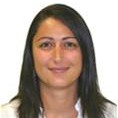 |
Christina Kamma-Lorger |
| ALBA Synchrotron Light Source, Barcelona, Spain | |
| Christina Kamma-Lorger studied at the university of Bedfordshire and Cardiff, before she obtained a PhD in tissue engineering under the supervision of Prof. Keith M Meek and Prof. Michael Boulton at Cardiff University, UK. Her PhD thesis focused on studying the healing of Laser-Assisted In-Situ Keratomileusis (LASIK) flaps in the cornea and exploring possible ways of improving the healing of the tissue post operatively. Once she completed her PhD she was offered a 5-year post-doctoral contract funded by a Medical Research Council (MRC, UK) programme grant awarded to Prof. Meek. During that time she used X-ray diffraction techniques and various types of microscopy to expand her research in tissue engineering in the cornea. In the summer of 2008 she was given the opportunity to visit Prof. Funderburgh’s lab at the University Of Pittsburg School Of Medicine where she was trained in stromal stem cell techniques. During her 5-year post-doc in Cardiff University she co-supervised 2 PhD students and several final year project students for the BSc Optometry degree. Additionally, she held the posts of Corneal Biophysics lab coordinator and health and safety officer. She was also a member of the Visual Bio-imaging Lab (VSBL) committee and a Science, Technology, Engineering and Mathematics Network (STEMNET) ambassador for South Wales. In 2012 she was appointed beamline scientist in the NCD beamline in ALBA synchrotron light source in Barcelona. She has played an active participation in the commissioning of the beamline and equipping the sample environment. During her first year, she also assisted in teaching to the Masters course in Synchrotron Radiation, organized between ALBA and the Autonomous University of Barcelona (UAB) and supervised one student for her master’s dissertation. Once the beamline passed into operational mode, she has been acting as a local contact for user groups ensuring the smooth outcome of experiments. During 2013 she had been an Experiments Division Health and Safety representative for peripheral labs and she has provided consultation in equipping and finalizing the Biology lab. She has also set up the in-house cell culture facility within the Biology lab. She is an NCD representative from ALBA for the Photon and Neutron Data Infrastructure (PaNdata) project. Her research interests have expanded to the study of miRNA expression in skin cancer as well as tissue engineering. She has 23 peer reviewed publications in international journals. |
|
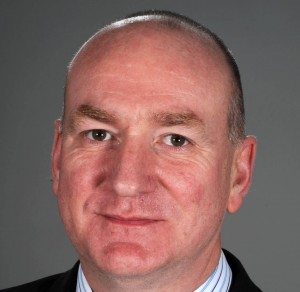 |
Malcolm Sperrin |
| Royal Berkshire NHS Foundation, Reading, UK | |
| Professor Malcolm Sperrin joined the NHS as senior physicist in an ultrasound department in 1990 and has worked in various medical physics management roles over the years. He is currently the director of medical physics at Royal Berkshire NHS Foundation Trust, responsible for more than 70 staff. Having started working in ultrasound, he rapidly expanded to cover non-ionising radiation, including lasers and MRI, and I enjoyed assessing imaging units for their safety and quality. Later Professor Sperrin was promoted to deputy head of department where he developed links to the Medical Devices Agency and conducted early work on mobile phone safety which still forms the basis for safety advice. Professor Malcolm Sperrin was promoted to principal physicist in 1998 and from there moved to his current role of director of medical physics at Royal Berkshire Hospital where he manages more than 70 staff. The professor developed the medical physics department to include medical photography and is heavily involved in developing and maintaining national standards for medical physics practice. He has assessed 8 PhDs all in relevant disciplines, 270 masters projects in Medical Physics. He is expert coordinator for ISO standards in biomaterials and associated metrics and has published 30 scientific articles in previous 3 years with 5 in international journals. | |
______________________________________________________________________
Forum speakers


